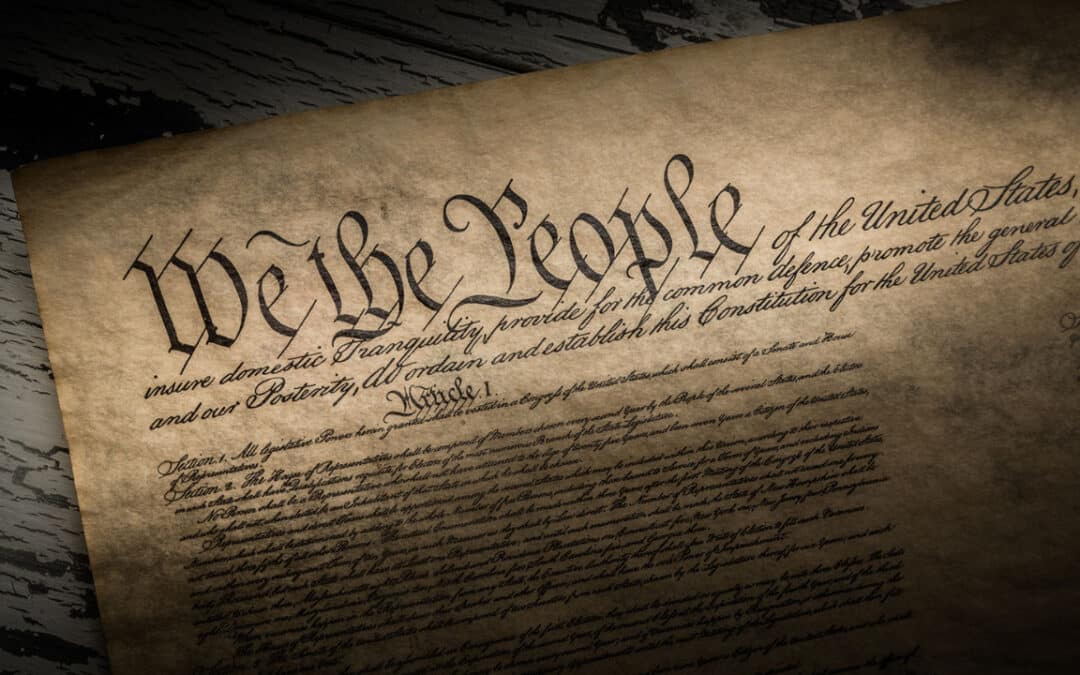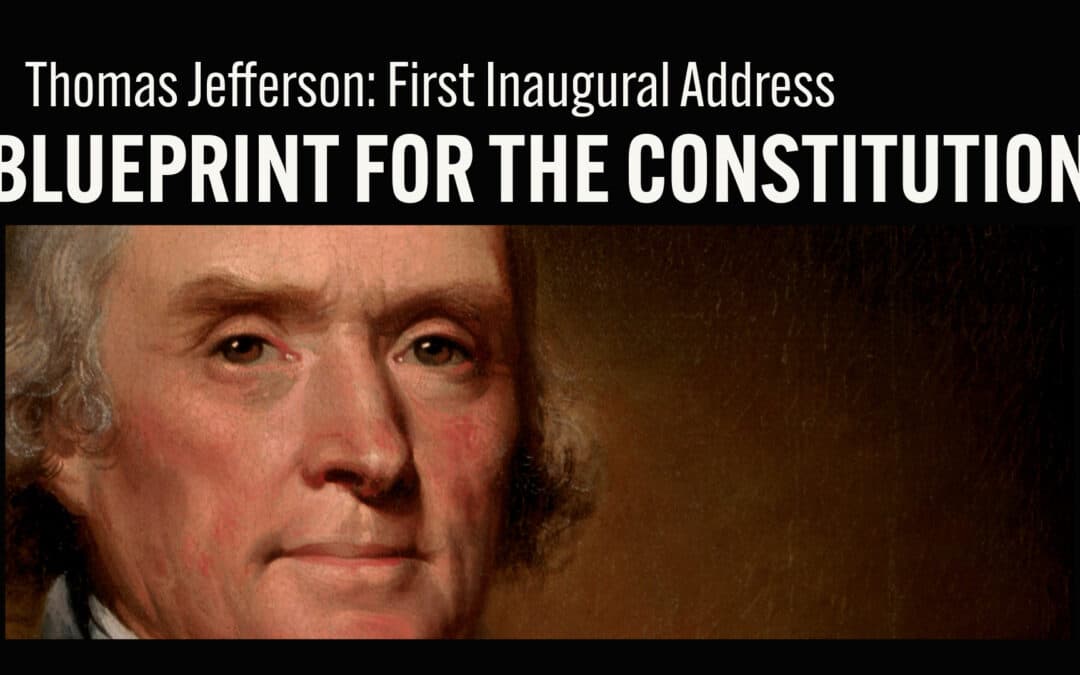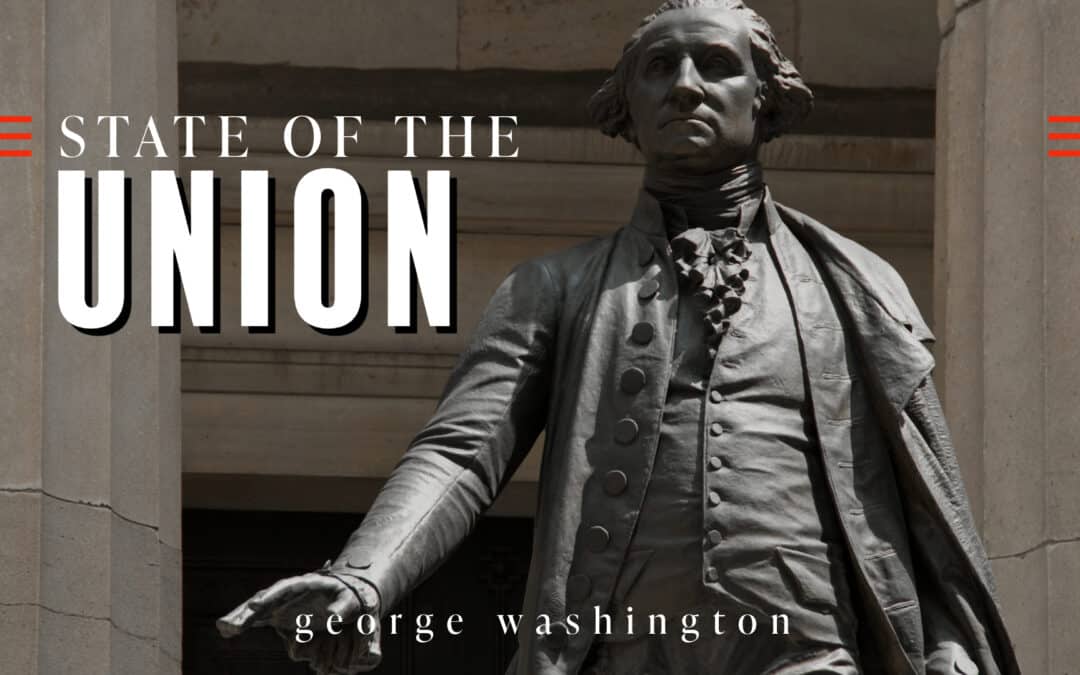


The Pen, the Phone, and the Presidency: A Roman Warning Against the Rise of the American Caesar
In the fading light of the Roman Republic, as senators dithered and people cried out for relief from chaos, an ambitious few found the imperial mantle irresistible. What began as temporary “emergency powers” for the good of the republic soon hardened into permanent,...
Are President Trump’s Tariff Orders Constitutional?
The U.S. Court of International Trade recently made headlines by issuing an order voiding many of President Donald J. Trump’s tariffs. The case was V.O.S Selections v. United States. The Court of Appeals for the Federal Circuit has stayed the order pending appeal....
Thomas Jefferson’s First Inaugural: Timeless Blueprint for the Constitution
Peace, freedom, the 10th Amendment, and the elimination of taxes: These are just a few of the principles Thomas Jefferson outlined in his first inaugural address. They weren’t mere policy suggestions, they represent timeless and revolutionary declarations against the...
